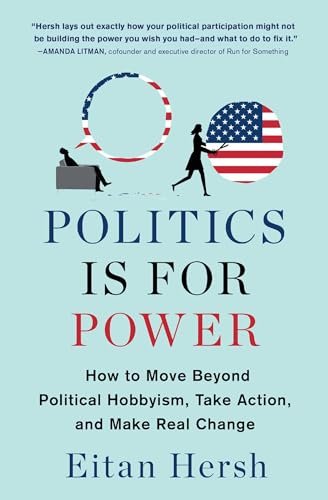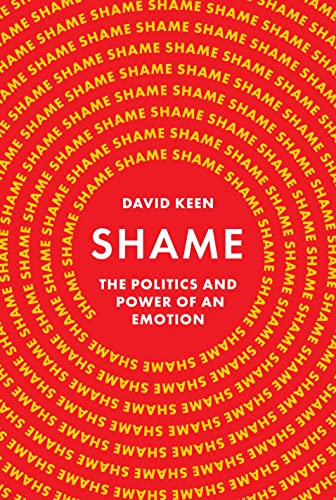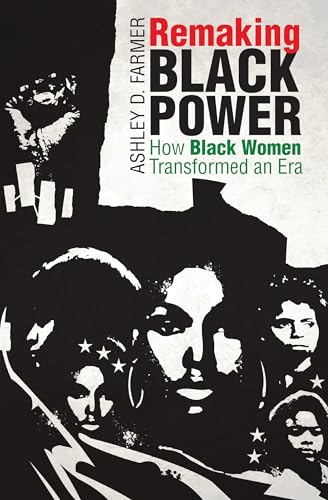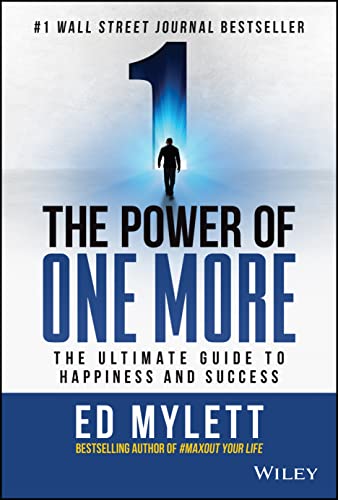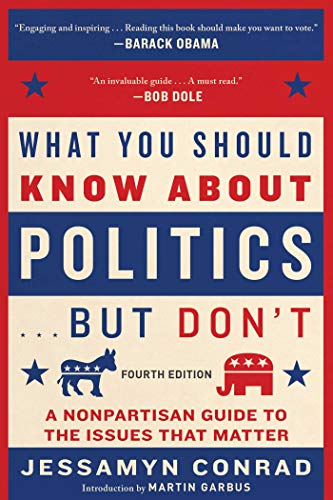Power and politics shape our world. They influence decisions, actions, and relationships in every aspect of life.
Power and politics are integral parts of society. They influence how people make decisions and who makes them. Understanding these forces helps us navigate workplaces, governments, and communities. Leadership roles display power as individuals influence and direct others.
Politics involves strategies and alliances to gain and keep power. Both are present in various forms, from global leaders to local organizations. This blog post explores power and politics and shows their impact on our daily lives. We can better engage in and influence our environments by understanding these concepts.
The Global Ripple of Political Conflicts
Conflicts between nations or within them affect the entire world. Political conflicts often arise from economic inequality, resource struggles, and nationalism. These disputes leave behind disrupted economies, broken societies, and displaced populations.
In places like Africa and Asia, disagreements over water and minerals continue to fuel tensions. For example, the Nile Basin has seen disputes over access to water. Such conflicts harm relations between neighboring countries and risk turning into larger crises.
Technology also shapes today’s conflicts. Cyberattacks on critical systems, like energy grids, show how modern tools can create new vulnerabilities. Social media manipulation spreads misinformation, making it harder for people to trust information.
The economic toll is severe. Trade routes close, energy prices rise, and jobs vanish. Families lose their income, and nations lose investments. At the same time, refugee crises grow as people flee violence and hunger.
Solving these problems requires teamwork. Nations must come together for diplomatic talks and create rules to prevent cyber and economic wars. Investments in education and shared resources can help prevent future conflicts. By focusing on fairness and cooperation, the world can move closer to peace.
Buying Guide On Power And Politics
Understanding power and politics can seem daunting, but it doesn’t have to be. This guide will help you choose the right resources to deepen your knowledge. By following these steps, you can ensure that your time and money are well spent.
1. Define Your Purpose
Before diving in, ask yourself why you need to understand power and politics. Are you trying to improve your leadership skills? Enhance your career? Or simply gain knowledge for personal growth? Defining your goals will help you choose books that match your purpose.
2. Research Authors
The author’s reputation and expertise significantly influence the value of a book. Look for authors with strong political science, leadership, or sociology backgrounds. Experts with real-world experience or academic credentials often provide deeper insights.
For instance, books by famous political analysts boost your learning. They add credibility to your journey.
3. Check Reviews
Reviews from other readers can offer valuable insights. Explore platforms like Amazon, Goodreads, or academic review sites. Check feedback for common themes. They show if a book meets your expectations. Reviews often highlight strengths and weaknesses, saving you time and effort.
4. Understand Key Concepts
The book must cover key ideas of power and politics. These include power dynamics, negotiation strategies, and organizational behavior. Understanding these concepts is crucial for applying the knowledge in real-world scenarios. Some books focus on broad theories. Others emphasize practical strategies. Choose what suits your needs.
5. Look for Case Studies
Books that include real-world examples make learning engaging and practical. Case studies show how power and politics work in corporate and government settings. Examples help translate abstract concepts into actionable insights.
6. Evaluate Writing Style
A book’s readability matters. Choose one that uses clear and simple language, avoiding overly complex jargon. Engaging writing can make even the most challenging topics enjoyable. Skim through a few pages or read a sample to see if the tone and style suit you.
7. Compare Prices
Book prices on power and politics vary by publisher, format, and rarity. Compare costs across platforms like Amazon, local bookstores, and secondhand retailers. Many digital options are cheap. Libraries may have free access to popular titles.
8. Check Availability
Ensure the book you want is available in your region to avoid unnecessary delays. If you’re purchasing online, verify delivery options. E-books and audiobooks are great alternatives if print copies are hard to find.
9. Review Formats
Books come in various formats—print, digital, and audio. Choose the format that best fits your learning style. Audiobooks are great for multitasking. Print and digital formats allow note-taking and highlighting.
10. Consider Supplementary Material
Some books include valuable extras like worksheets, interviews, or companion guides. These materials enhance understanding and allow for deeper engagement. For example, a book on political negotiation might include role-playing and self-assessments.
11. Seek Recommendations
Recommendations from colleagues, mentors, or trusted sources can be invaluable. They often suggest resources that are both credible and relevant to your specific goals. Online communities and forums on leadership and politics are great for curated recommendations.
12. Verify Publication Date
Power and politics are ever-evolving fields. Newer books may include updated research, current trends, and relevant examples. Classics are timeless. But recent works can offer fresh views on modern problems.
By following these steps, you’ll be better at choosing the best books and materials on power and politics. These tips will help you find valuable resources. They will meet your needs and provide great insights. This applies whether you’re a student, a professional, or an enthusiast.
Conclusion of The Best Books on Power and Politics
Understanding power and politics is essential for navigating any organization. It influences decisions, relationships, and outcomes. Recognizing how power dynamics work helps in building better workplace strategies.
Effective communication and negotiation skills are crucial. They help manage conflicts and foster cooperation.
Observing and learning from leaders can provide valuable insights. Recognizing your power and using it responsibly is essential. It helps maintain a positive work environment. Engaging in ethical practices builds trust and respect. These elements contribute to personal and organizational success.
Continuous learning and adapting are key to thriving in any political landscape. By staying informed and prepared, one can handle challenges more effectively. Remember, power and politics are part of everyday life. Embrace them with careful thought to achieve your goals.
